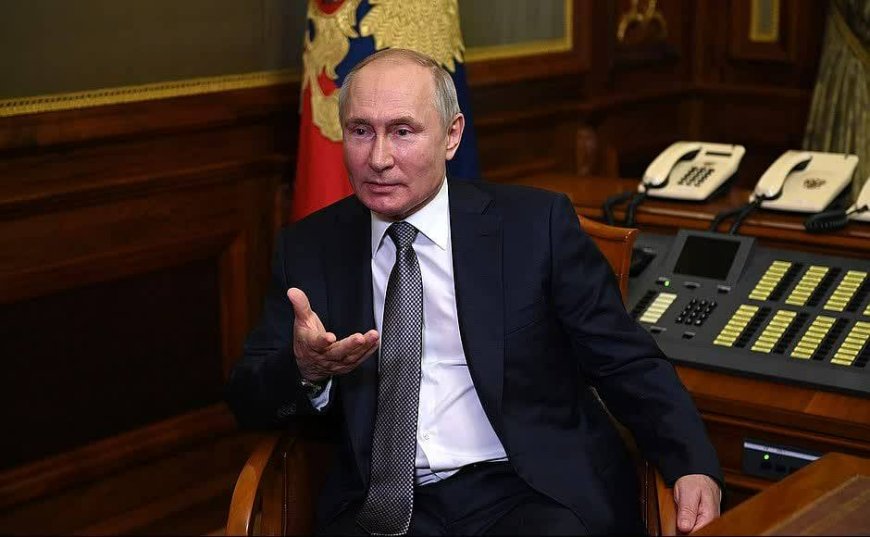Bolstering Bargaining Power: Understanding Russia's Multi-strategy Approach vis-à-vis the Ukrainian Conflict
Russia's pursuit of its objectives in the war in Ukraine requires a concerted effort to foster dialogue among its ruling elites. By establishing a comprehensive framework and strategy, Moscow aims to articulate the underlying causes of the conflict and the potential for victory within this contextual backdrop.

This analysis explores Russia's historical inclination for territorial expansion, which has historically relied on military force, annexation, and a desire for geographical expansion. Furthermore, it delves into the significance of the ongoing Ukrainian conflict, particularly in relation to Russia's geopolitical considerations and its intrinsic Slavic identity, which exerts considerable influence on the nation's collective consciousness.
To garner domestic support, constructing a compelling narrative assumes paramount importance for the Kremlin. Insights gleaned from interviews and writings of Russian politicians shed light on the development of this discourse. Notably, President Vladimir Putin's article on "Historical Unity between Russia and Ukraine" emphasizes the role of the historical Slavic bond as the primary catalyst behind the war. Putin's argument fundamentally undermines any claims to Ukrainian independence, asserting that Ukraine's history, language, and culture are inextricably intertwined with Russia's.
However, as circumstances have evolved, Russia has found itself compelled to recalibrate its strategy, necessitating a reevaluation of its goals and political rhetoric to highlight the dynamic nature of Russia's objectives, the ensuing confusion within its society, and the challenges encountered in conveying a unified strategy to its allies.
In March 2022, President Putin shifted his position, proclaiming that the main objective of Russia's "special military operations" was to "liberate Donbass." However, three months later, Russian Foreign Minister Sergei Lavrov expanded the scope of the war beyond the Donbass region, while President Putin spoke of restoring Russia's historic lands, invoking the legacy of Tsar Peter the Great. To rally public opinion, Russian media contended that Russia's initial goal did not encompass complete annexation of Ukraine, disavowing territorial aspirations and underscoring the nuanced nature of Russia's objectives. It appears that Russia's military offensives near the Ukrainian capital were primarily aimed at exerting pressure on the Ukrainian regime to accept Russia's terms.
In addition to the dramatic shifts in Russia's approaches, its allies struggle to comprehend its overarching strategy. Russia intermittently invokes culture and history while simultaneously referencing Peter the Great and his efforts to modernize the country, and subsequently delving into Russia's endeavors to counter pro-Nazi elements in Ukraine during WWII. This suggests that Russia may be employing a multifaceted approach, adjusting its goals at different stages and contingent upon battlefield dynamics, thereby bolstering its bargaining power in diplomatic negotiations.
Therefore, it is possible to interpret Russia's occasionally disparate approaches in a way that ensures success in any given situation. This multi-strategy approach enhances Russia's flexibility in pursuing its objectives and generates confusion among its adversaries. However, excessive perplexity may pose challenges for Russian society, particularly in light of historical tensions between Europe and Russia and the apprehension of a military conflagration in Europe.
Finally, it appears that Moscow employs a multifaceted approach, adapting its goals based on varying stages and the fluidity of the military battlefield, thereby enhancing its leverage in diplomatic negotiations. Consequently, a comprehensive assessment of the parties' battlefield performance is essential to discern the potential outcomes at the negotiating table, ultimately leading to a mutually beneficial resolution.













































